detail profile helena buljan
Peran Yang Di Mainkan Helena Buljan
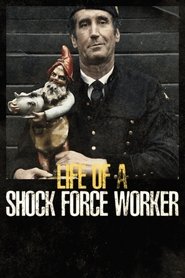 Adem a Bosnian coal miner who...
Adem a Bosnian coal miner who...Life of a Shock Force Worker 2025
Adem, a Bosnian coal miner who spends his days digging in the dark depths, and in very harsh conditions, is praised for his work and achievements and known as an exemplary socialist worker.
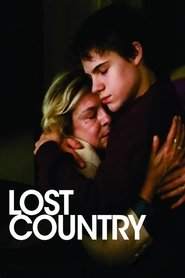 Belgrade 1996 During the student demonstrations against...
Belgrade 1996 During the student demonstrations against...Lost Country 2023
Belgrade, 1996. During the student demonstrations against the Milosevic regime, 15-year-old Stefan leads his own revolution in the heat of events: accepting the unacceptable, seeing his mother as an accomplice in the crime and finding, despite the love he feels for her, the strength to confront her.
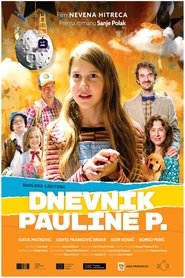 This is a story about Paulina...
This is a story about Paulina...The Diary of Paulina P. 2023
This is a story about Paulina P. in which we follow her adventures in class and at home, as well as all the problems she successfully overcomes during the school year. The movie is based on a famous children's book in which she talks about her friendship, love, and family-related problems through comic situations. The plot of the movie itself is set in the real world, with a touch of "magic".
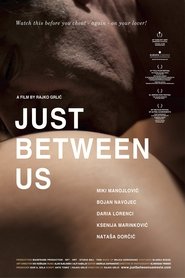 Nikola is a man who knows...
Nikola is a man who knows...Just Between Us 2010
Nikola is a man who knows how to really enjoy life; he's even able to rouse sympathy for his sinful ways. His brother turns a blind eye to his philandering although, with a broken marriage behind him, he doesn't have a clear conscience, either. Is there anything positive to be said about infidelity, or does it simply deserve the utmost contempt, particularly when it's more premeditated than spontaneous?
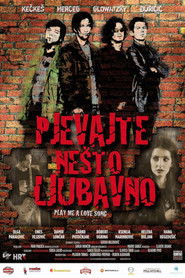 The main character Struja Stream is...
The main character Struja Stream is...Play Me a Love Song 2007
The main character Struja (Stream) is an unyielding rock musician in a demo-band called When Dirty Harry Met Dirty Sally. Struja would do anything to gather money to record the album as long as it doesn't involve giving up his rock musician beliefs. However, playing pop songs at weddings seems to be the only way out, and the rest of the bend - Struja's best friend and keyboard player Mario (Ivan Duricic), Deni, a handsome singer and bass player (Ivan Glowatzky) and Zlajfa, an indifferent drummer (Hrvoje Keckes) - are trying to persuade Struja to make a compromise. At the beginning he is very firm and reluctant to give in, but when Anja, the girl he left, announces that she is pregnant with his baby, Struja suddenly realizes that there are bigger issues in life than playing at wedding.
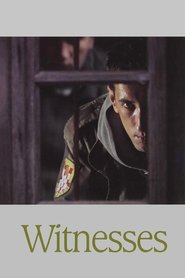 Set amid the atrocities of war...
Set amid the atrocities of war...Witnesses 2003
Set amid the atrocities of war in the Balkans, Witnesses is retold, Rashomon-style, from various characters' viewpoints, adding new information about the complexity of war and humanity. Beginning inside a rustic house with a woman in black (Mirjana Karanovic) standing beside her husband's coffin, Witnesses interweaves the stories of a small town confronting ethnic hatred and deep moral ambiguities.
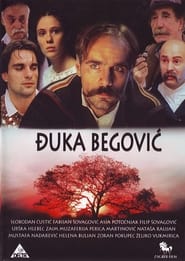 After spending 13 years in prison fortyyearold...
After spending 13 years in prison fortyyearold...Djuka Begovic 1991
After spending 13 years in prison, forty-year-old Djuka Begovic returns to his home-village in Slavonia. He promises to his mother that he will begin a new and honest life. He finds new meaning in taking care of his daughter Smilja. He tries to chase away destructive thoughts that threaten to overwhelm him by throwing himself into hard work. However, everything around him reminds him of his past and his family's tragic destiny. His family was wealthy at the beginning of the twentieth century, but was destroyed by the capitalist powers that took over the villages and broke the traditional family cooperatives. Djuka's personal life was marked by constant conflicts with his father.
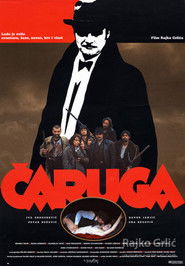 This film is based on the...
This film is based on the...Charuga 1991
This film is based on the true story about Jovan Stanisavljevic alias Charuga, the bandit who became a legend in post-WW1 Slavonia, Croatia.
 Musicologist and professor Kosor wakes up...
Musicologist and professor Kosor wakes up...Premeditated Love Letters 1985
Musicologist and professor Kosor wakes up in a hospital. He has survived a serious car accident. In a bed next to his lies the amiable economist Gajski, whose wife Melita regularly visits him. This unusually beautiful woman is the first person that Kosor sees after he gains consciousness and is completely enchanted by her. Kosor becomes obsessed by Melita’s physical beauty and her trustworthy character and begins a risky game of writing and sending her anonymous love letters…
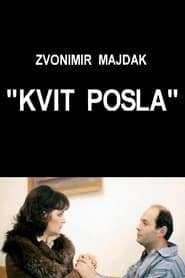 After a twentyyear absence psychiatrist returns...
After a twentyyear absence psychiatrist returns...Kvit posla 1983
After a twenty-year absence, psychiatrist returns to his hometown, where a meeting with old acquaintances and a former love will lead him to a life-threatening situation.
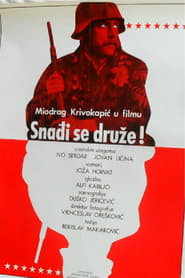 Based on a TV sitcom series...
Based on a TV sitcom series...Find a Way, Comrade 1981
Based on a TV sit-com series and set in World War II, about how an ordinary woodcutter develops into an active partisan fighter.
 This drama premiered in Zagreb in 1935...
This drama premiered in Zagreb in 1935...The Case of Graduate Wagner 1976
This drama premiered in Zagreb in 1935. The plot shows a young man from a well-to-do bourgeois family facing the anger of his parents over his absences from high school, behind which stands his forbidden love with a girl of humble working-class background.
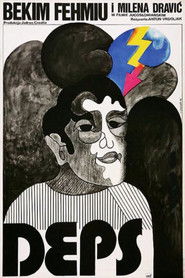 A film about a smalltime gangster...
A film about a smalltime gangster...Deps 1974
A film about a small-time gangster, a loser who seems is finally on the road of going straight.
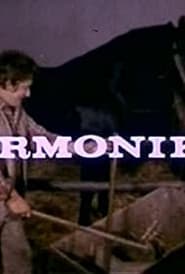 The action takes place in a...
The action takes place in a...The Accordion 1972
The action takes place in a village where police investigates a murder committed because of an accordion.
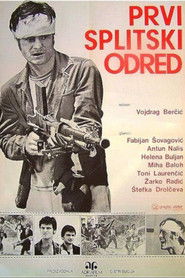 A Partisan unit goes into battle...
A Partisan unit goes into battle...1st Split Detachment 1972
A Partisan unit goes into battle with the enemy twice stronger, somehow resists detachment to attack deep into the night, where the fraud are captured combatants from all units and thrown to the terrible torture and eventually murder.
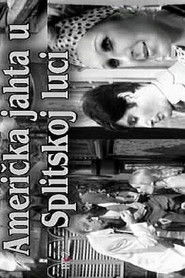 Based on the play by Milan...
Based on the play by Milan...The American Yacht in the Split Harbour 1969
Based on the play by Milan Begović. One day a stunning yacht enters the Split harbor, the owner is an American who served as young boy in local aristocratic household.
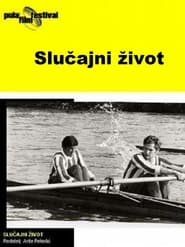 Two friends try to tear out...
Two friends try to tear out...Accidental Life 1969
Two friends try to tear out their lives from the clutches of idle. An existential study of ordinary lives led by two alienated urban white collar workers, Accidental Life was the only feature film of Ante Peterlić, Croatian film theorist and film critic. The film received mediocre reviews and went largely unnoticed after its release, but has been reevaluated decades later as one of the best Croatian films ever made.
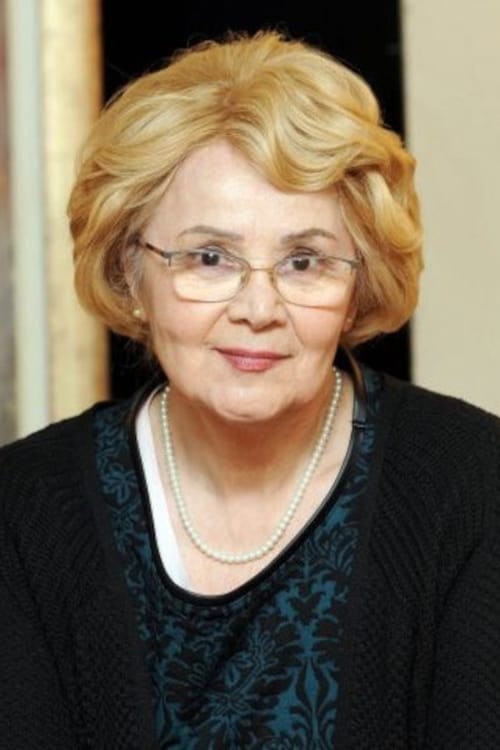
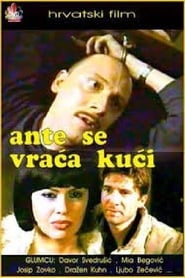 Ante is a village fella who...
Ante is a village fella who...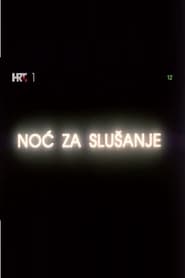 Classical music program on one Zagreb...
Classical music program on one Zagreb...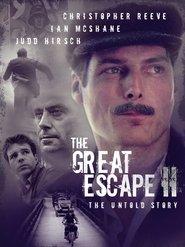 Allied prisoners tunnel out of a...
Allied prisoners tunnel out of a...